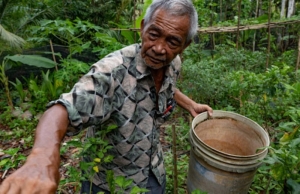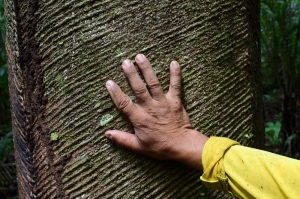KUALA LUMPUR, Jan 10 — Food security is under threat from multiple global challenges. Climate disruptions are affecting farming cycles, while economic fluctuations are making essential groceries unaffordable for vulnerable populations.
The B40 and Orang Asli communities are especially hard-hit, facing rising malnutrition and resource scarcity.
In response, local organisations are pioneering sustainable agricultural practices and grassroots initiatives to combat these issues.
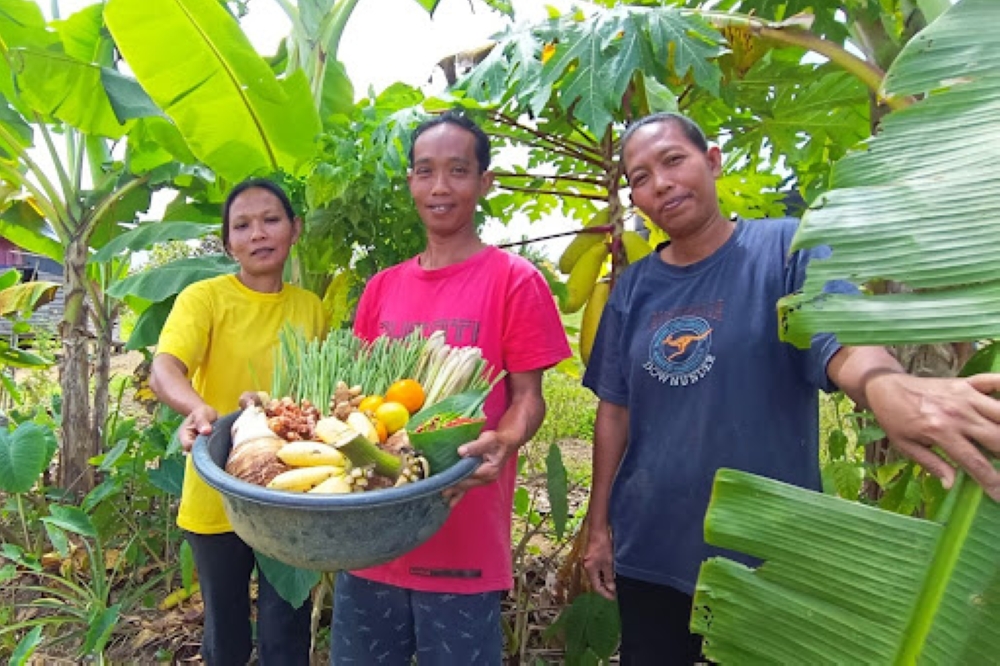
The regenerative agroforestry project, led by the Global Peace Foundation Malaysia (GPFM), is revitalising land and livelihoods in Pahang.
This initiative introduces sustainable farming techniques to 30 Orang Asli families in Bera and Rompin, enabling them to grow their own food, while strengthening community resilience against environmental and economic shocks.
GPFM has outlined four main goals for the project: restoring ecosystems through food forests to reduce deforestation, upskilling communities with regenerative practices, ensuring food security during crises such as the pandemic, and empowering communities with market access to sustain their livelihoods.
Supported by YSD, TLFP’s initiative aims to combat hunger while reducing the environmental impact of food disposal.
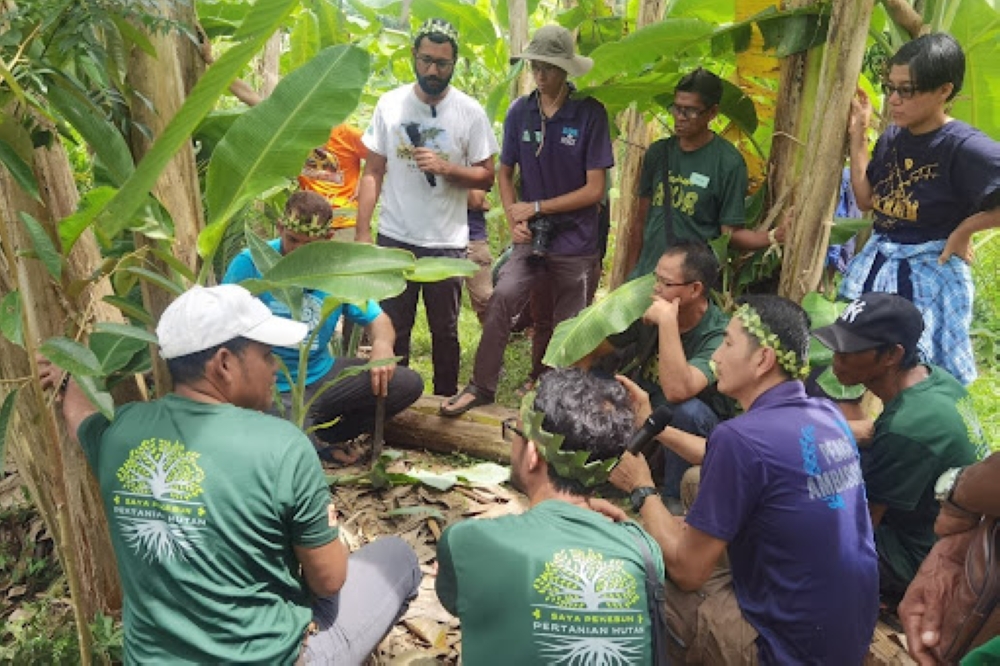
Dr Teh Su Thye, CEO of GPFM, emphasises the project’s urgency, stating, “The effects of deforestation and climate change have left many Orang Asli families vulnerable, impacting their ability to sustain themselves.
“Our project aims to restore both their land and their confidence in food security.”
Food waste is both an environmental and ethical issue.
The Lost Food Project (TLFP) addresses this by redirecting surplus vegetables and fruits from Pasar Borong Kuala Lumpur to families in need.
This initiative combats hunger while reducing the environmental impact of food disposal, turning a potential ecological burden into a source of community nourishment.
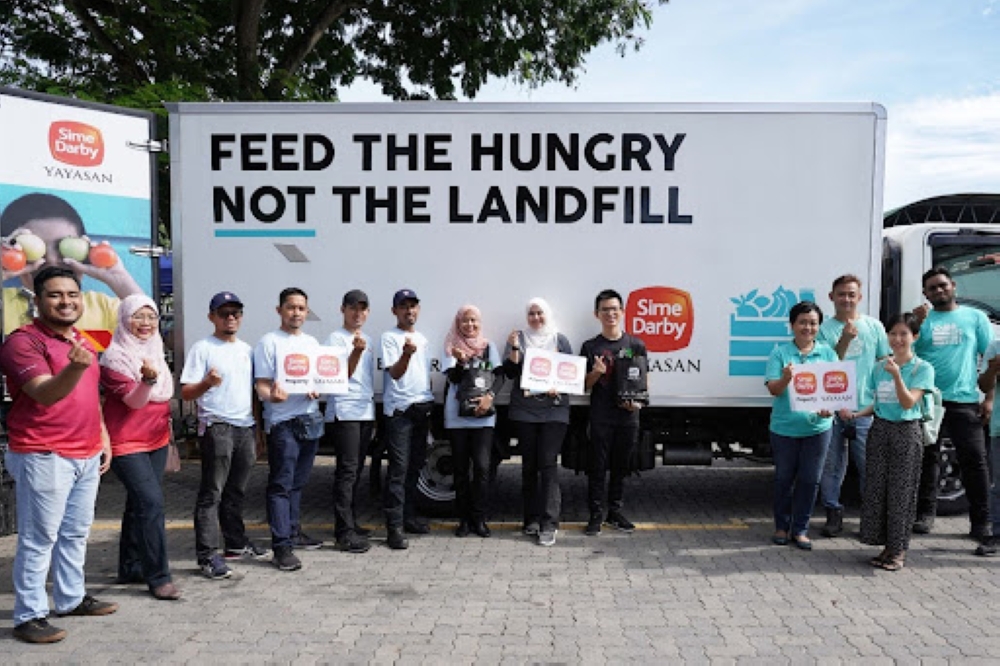
TLFP aims to increase the collection of surplus fresh food and provide nutritious meals to thousands of families living in low-cost flats across Klang Valley.
“Our mission at TLFP is to turn the challenge of food waste into a solution for hunger.
“Every kilogram of food we rescue and distribute is a step towards reducing our carbon footprint and enhancing community vitality,” says Suzanne Mooney, Founder of TLFP.
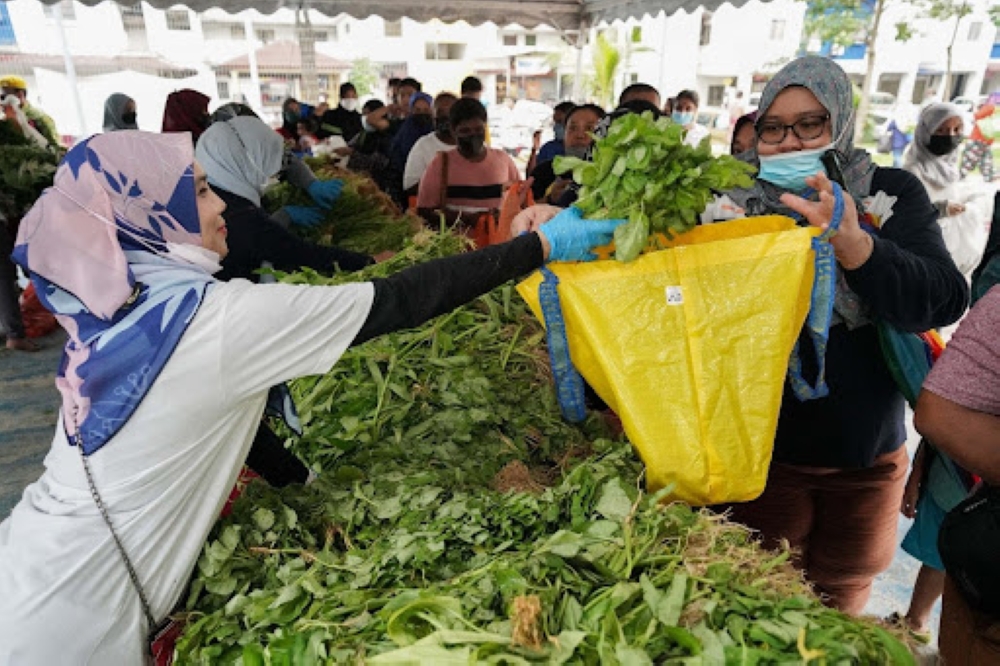
The University of Nottingham Malaysia (UNM) is also contributing to these efforts through the ASSESSCROP initiative, which focuses on underutilised crops.
By enhancing the nutritional value and marketability of local crops like Bambara Groundnut, Moringa Oleifera, and Millet Landrace Bario, UNM empowers B40 women with new agricultural skills and business opportunities, thereby improving both economic conditions and community well-being.
In collaboration with Women of Will (WOW), UNM has developed sustainable business models for B40 families, helping 25 women entrepreneurs, including single mothers in Taman Medan Cahaya, Petaling Jaya, to boost their incomes and reinvest in community initiatives, particularly in nutritional education and outreach.
Prof Dr Mohd Shahir Liew, UNM’s Vice-Provost for Research and Knowledge Exchange, notes, “Our work in the fields, classrooms, and laboratories ensures a continuous cycle of learning, application, and sustainable growth, directly benefiting both the livelihoods and nutritional health of our communities.”
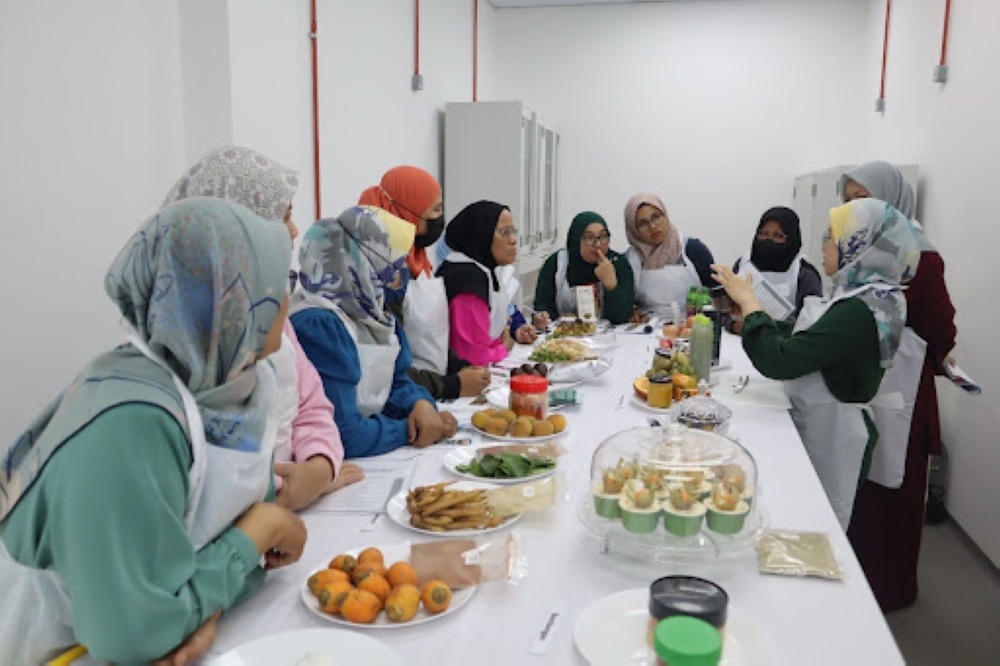
Behind these initiatives is Yayasan Sime Darby (YSD), the philanthropic arm of Sime Darby Berhad, SD Guthrie Berhad, and Sime Darby Property Berhad, which is supporting these programmes with RM3.34 million.
YSD’s funding and strategic assistance enable local organisations to develop sustainable solutions that address both immediate and long-term food security challenges.
“YSD is committed to contributing to Malaysia’s resilience in food security and environmental sustainability,” says Dr Yatela Zainal Abidin, CEO of YSD.
“Through strategic collaborations that leverage the unique strengths of each partner, we not only address immediate needs by rescuing surplus food from ending up in landfills to nourish the needy, but also enhance environmental contingency planning by supporting research, adopting climate-resilient crops, and promoting sustainable agricultural practices to support the underprivileged.
“These initiatives are crucial to our mission of fostering long-term environmental stewardship while empowering communities and improving livelihoods across Malaysia.”
With YSD’s support, GPFM has conducted 400 personalised coaching sessions for Orang Asli farmers, boosting their confidence in food security from 36 per cent to 78 per cent.
Today, half of their harvest is used for personal consumption, with the rest earmarked for sale, marking a significant shift toward self-sufficiency and economic independence.
TLFP has turned the food wastage crisis into an opportunity by redirecting 3.8 million kilograms of surplus food — equivalent to 10.8 million meals — from landfills to the tables of over 124,000 families.
With YSD’s support, the initiative is feeding the hungry while preventing nearly 9.5 million kilograms of greenhouse gases from entering the atmosphere, creating a model of sustainable waste management that could be replicated nationwide.
The UNM-YSD food processing pilot facility, launched in September this year, is now a vital resource for researchers and students. It serves as a hub for developing and scaling food-related initiatives, bridging academic research with practical applications to meet community and national needs.
As Malaysia tackles these complex challenges, the role of collaborative efforts — spanning NGOs, academic institutions, local communities, and corporations like YSD — is crucial in forming a resilient network of solutions that can feed, nourish, and empower the country’s most vulnerable populations, while shaping national policies and contributing to global food security discussions.

